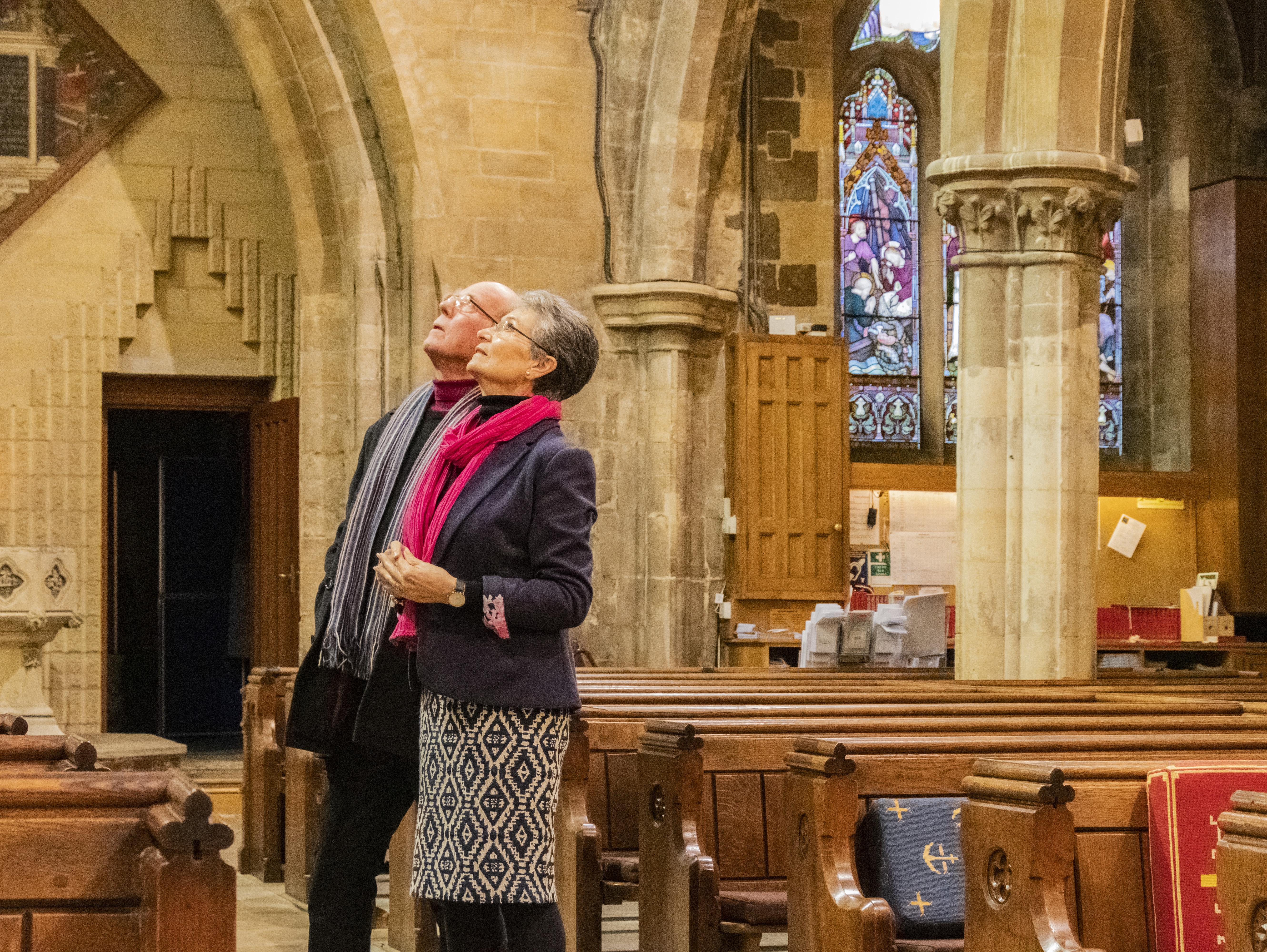That is one of the key messages in the National Churches Trust Annual Review for 2019 – 2020, published today, Wednesday 23 September 2020.
In his introduction to the Annual Review, Luke March, the Trust's Chairman said:
"Although digital technology has allowed some aspects of church life to continue, and new forms of worship, attracting new people, have been very
successful, for most the digital is no substitute for a real, physical church building."
"This was made clear in our ‘State of the Churches’ survey, which we carried out in May 2020. This showed that over two thirds of churches (75%) said that the closing of their church during lockdown had a negative effect on the community and that 64% of respondents thought that churches will become more important in the future as a result of COVID-19."
Key facts and figures
The Annual Review provides key facts and figures about the Trust's work.
In 2019, with increasing competition for funding from other heritage bodies, demand for the National Churches Trust’s grants was high. 515 applications were received. Thanks to the generosity of supporters and funders, 188 awards to churches and chapels throughout the UK were made by the Trust last year, totalling £1,344,474. That is 6% higher than in 2018.
For many churches, paying for maintenance work can be a problem. To support essential maintenance work at church buildings, in 2019 with the help of the Pilgrim Trust , the National Churches Trust awarded 105 grants totalling £371,779. Funds awarded through Foundation Grants more than doubled compared to 2018, with 85 grants totalling £363,717 awarded. Preventative Maintenance Micro-Grant awards also increased, to £8,062.
2019 was the first full year of the Trust's new five year strategy, ‘Building Resilience’. Key areas of work included ‘Experiencing Sacred Wales’, a major project to make historic churches and chapels a key part of Wales’ tourism offer and in Northern Ireland, ‘Treasure Ireland’, a new project to help keep churches and chapels in good condition.
Thanks to our Friends
The best way to help support the work of the National Churches Trust is to become a Friend. Writing in the Annual Review, Claire Walker, Chief Execuitive paid tribute to the many people who support the Trust in this way.
"At a time when so many public buildings are closing, high streets are changing and the long term impact of the coronavirus on society is uncertain, church buildings are places where people can work together for the common good. That’s why it’s so important to keep them open and in good repair."
"Churches are also places where friendships are made and nourished. The same spirit of companionship and togetherness is evident in our active and growing Friends scheme. 700 new Friends joined us last year; that is an impressive number for a small but growing charity like ours."
Who pays for churches?
The Annual Review also includes a range of feature articles about the UK's churches. This year's articles include a timely examination of "Who Pays for Churches?" by journalist and National Churches Trust Trustee Catherine Pepinster; a profile of actor Hugh Dennis who reveals his love of churches; a how to guide to taking great photographs of churches and a look at some of the country's best Roman Catholic churches, written by author and journalist Elena Curti and based on her new book Fifty Catholic Churches To See Before You Die.
Download the Annual Review for 2019 - 2020
If you'd like to receive a printed copy of the Annual Review, please email info@nationalchurchestrust.org
The NCT group whose work is described in the Review includes NCT Heritage Services Limited (a wholly–owned subsidiary) and the Luke Trust (a separate charity managed by The NCT).

